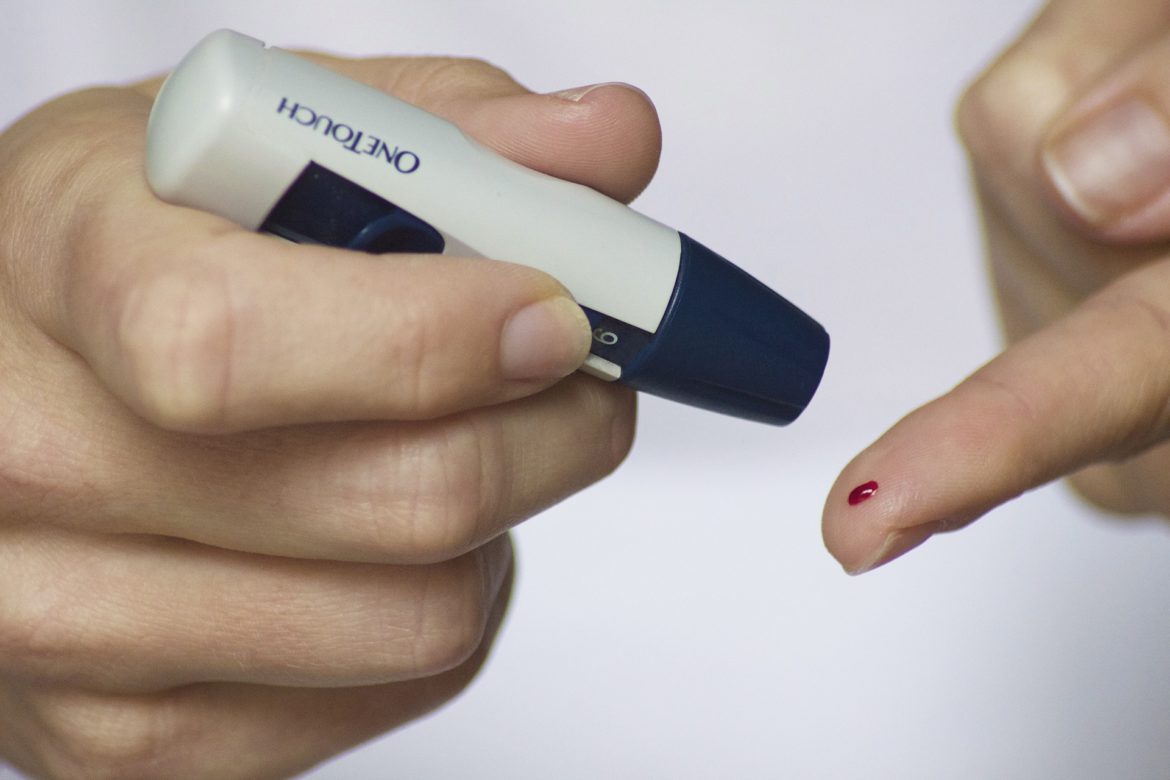For many people the key to good health and happiness lies in having regular essential medical checks to prevent any issues from occurring or getting worse. But you shouldn’t wait until you are older to get into the habit of regular medical checks. People aged between 40 and 74 who have no longstanding or pre-existing medical problems should be checked for heart or kidney disease, diabetes, hypertension or atrial fibrillation to name just a few. All can be done at your local doctor’s surgery.
Regular check-ups are designed primarily to catch any early signs that a person may be in danger of developing heart or kidney disease, stroke or type 2 diabetes. Medical conditions can be then treated early or monitored as required. The check will only take around 30 minutes and involves a few questions about lifestyle and family health history plus checks on weight, height, blood pressure and a finger-prick blood test.
When it comes to elderly people,live-in care expertsfind that even thoughmedical conditions are similar for elderly people living in residential care homes or in their own home, the quality of life is quite different. The quality of health and wellbeing rises considerably among those who receive care at home, due in part to regular supervision and monitoring which can pick up any health issues immediately.
Abdominal Aortic Aneurysm Screening
This often symptom-less condition is offered to men aged 65 and over, who are the biggest risk group for aortic aneurysm. The test involves a quick and painless ultrasound scan of the abdomen to check for any swelling of the aorta.
Blood Pressure Testing
High blood pressure is one of the biggest causes of stroke, heart disease, and kidney disease. Regular blood pressure readings can indicate whether the blood pressure is normal and if it’s consistently then high medication can be prescribed. Turmeric could also help to regulate blood pressure – amongst a whole host of other benefits – so it might be worth looking into the best tumeric supplements for an easy way to contribute to overall good health and well-being.
Bowel Cancer Screening
This is now offered to all people aged 60 to 74 and involves collecting a stool sample smear on a special card which is then sent away for analysis. Bowel cancer is the fourth most common cancer but is easily treated when caught early.
Cholesterol Testing
When too much cholesterol builds up in the arteries this can lead to an increased risk of stroke or heart attack. A simple blood test can measure the level of cholesterol in the blood and medication to bring levels down can be prescribed if necessary.
Skin Anomaly Check
Skin cancer is the fifth most common cancer and is another where early detection can greatly increase survival chances. Older people in general have usually lived through a time where awareness of sun damage was almost non-existent so it’s important to get any moles regularly checked especially if they appear to be changing in appearance.
Vaccinations
Pneumonia and flu can have serious, even fatal consequences for elderly people so it’s important to get regular vaccinations against these especially where there are underlying health problems.
Whether your elderly parent lives in a care home, receives home care services in their own home or lives with you, it is essential they have regular medical check-ups to catch any issues as early as possible. Many illnesses caught early enough can be successfully treated. And if your elderly parent has any worrying symptoms then they should see a doctor straight away.


